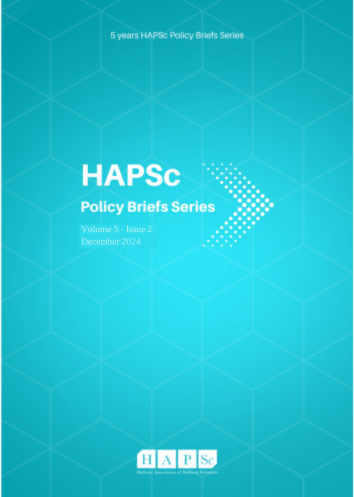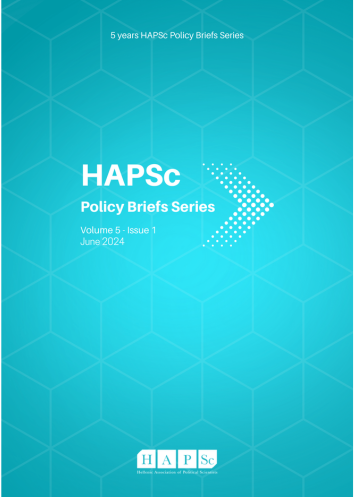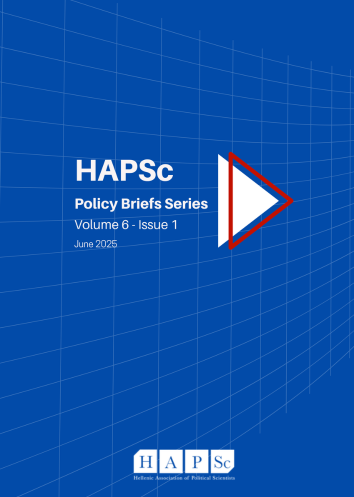Revitalizing Youth-Driven Peacebuilding and Conflict Prevention in Africa

Abstract
As the deadline for achieving the Sustainable Development Goals fast approaches, global progress towards peace, security, and strong institutions remains significantly distant. Over 600 million youths live in fragile and conflict-affected areas, where ongoing violence has severely hindered their socio-economic advancement, access to healthcare and education, psychological well-being, and social engagements. Despite these challenges, youths continue to play a pivotal role in peacebuilding, conflict prevention, and countering violent extremism. When provided with opportunities for meaningful participation, they continuously demonstrate resilience and contribute effective solutions in their communities. In a world where armed conflicts, radical violent extremism, political tensions, declining trust in institutions, ethnic and religious divisions are prevalent, alongside emerging threats such as climate change, it is crucial to reevaluate the Youth, Peace, and Security (YPS) Agenda to define a path to a brighter present and more secure today. The key highlights include:
- Existing approaches to peacebuilding in Africa are insufficient and have failed to address the structural and cultural factors that underpin conflicts. The increasing frequency of climate change events and their resulting effect on human displacement could further ignite ethnic tensions and crime in urban areas.
- Youths who seek to contribute towards peacebuilding are burdened by the lack of access to financial resources, local resistance to youth-driven peacebuilding efforts, cultural legacies, and weak institutions that are unable to offer strategy.
iii. Policy interventions that could help foster sustainable peace and resilience in communities affected by conflicts include localization of peace processes, inclusion of climate security policies in the Youth, Peace, and Security Agenda, and expanding access to funding for youth-led initiatives.
Article Details
- How to Cite
-
Kithinji, B. (2024). Revitalizing Youth-Driven Peacebuilding and Conflict Prevention in Africa. HAPSc Policy Briefs Series, 5(2), 152–158. https://doi.org/10.12681/hapscpbs.40821
- Section
- Articles

This work is licensed under a Creative Commons Attribution 4.0 International License.
Authors retain copyright and grant the journal right of first publication with the work simultaneously licensed under a Creative Commons Attribution License that allows others to share the work with an acknowledgement of the work's authorship and initial publication in this journal.



